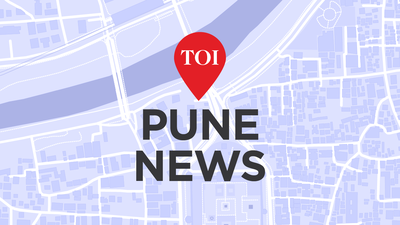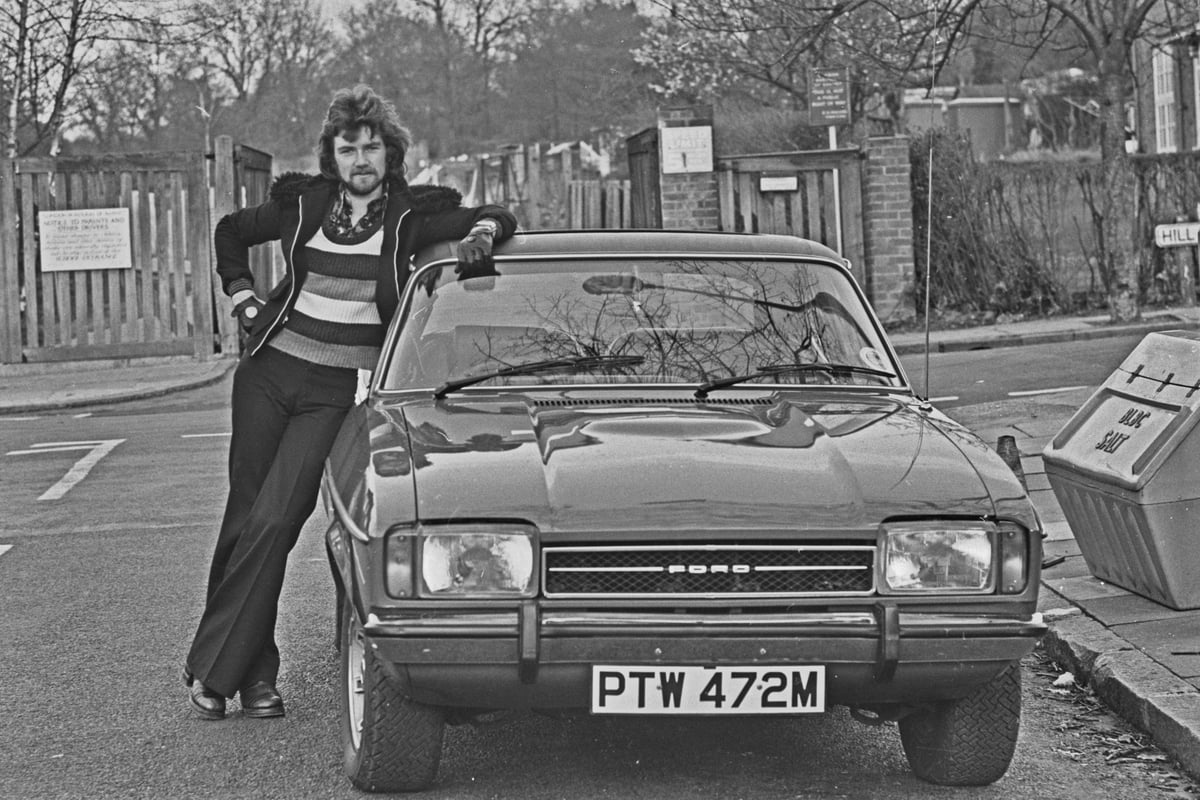
Wearable gadgets did little more than count steps when they first appeared, promising to assess a user's health depending on whether they hit 10,000 a day. or signup to continue reading But the technology, which now ranges from smartwatches and fitness trackers to smart rings and earbuds, is being equipped to assess a growing list of medical conditions and has been formally approved for the task. Apple this week added hearing tests and hearing aid functions to its earbuds in a first for the industry.
Australian researchers say the health-tracking features can be useful but warn they may not be 100 per cent accurate and are often used by the wrong groups of people. The US tech giant launched hearing assistance in Australia through a software update to its AirPods Pro 2 earbuds after receiving . Using software, the earbuds can perform an air-conduction hearing test that produces an audiogram and assessment for users indicating whether they have hearing loss, and recommending whether to set up the hearing aid function.

The addition will make hearing assistance more accessible and could encourage more people to try it, National Acoustic Laboratories principal engineer Nicky Chong-White said. "Hearing loss can impact more than a person's hearing," Dr Chong-White said. "It can impact their communication at work, their social life and their overall wellbeing.
" Other wearable devices, such as smartwatches, have been approved to monitor heart conditions in Australia. A review of the technology by the University of South Australia found health features could correctly identify a user's COVID-19 status 88 per cent of the time, atrial fibrillation 87 per cent of the time, and falls in 82 per cent of cases. The findings proved wearable devices could be useful but would not replace dedicated medical equipment or professionals, lead author and university research fellow Ben Singh said.
"They're never going to be 100 per cent accurate," he told AAP. "We don't think they're going to be devices that are solely relied upon but maybe, if the device tells you there's something abnormal with your hearing or your heart rhythm, that will prompt you to go and see a doctor or a specialist." About one in three Australian adults used wearable technology to track their health, Dr Singh said, which made health-monitoring tools widely accessible.
Medical features including hearing tests would be most useful to older users who might need help or encouragement to try them. "It's mainly older individuals who might benefit, yet if we look at the statistics about who's buying these devices, it tends to be younger individuals," he said. "The population that needs early detection devices or the ones who need these diagnoses typically are the ones who aren't using or buying these devices.
" Other medical conditions that could be monitored by wearable gadgets in the future include sleep apnoea and diabetes. : Adults with mild to moderate hearing loss can conduct a hearing test using these earbuds and, if necessary, use them as an over-the-counter hearing aid solution. : The tech giant's smartwatches have been cleared to track blood pressure and heart health.
An ECG app performs on-wrist electrocardiograms, while a blood pressure feature can conduct measurements after a baseline reading from a traditional device. : Apple's smartwatches have been approved to take electrocardiograms from wearers' wrists in Australia, which could identify signs of an irregular heart beat. The feature is available from Series 4 smartwatch models and up.
: These fitness-tracking devices have been approved to scan for signs of atrial fibrillation. Tests showed the Fitbits correctly identified the condition 98.7 per cent of the time.
: The most advanced models feature a medical-grade electrocardiogram sensor to detect cardiac anomalies, in addition to blood oxygen measurements and sleep-tracking. DAILY Today's top stories curated by our news team. WEEKDAYS Grab a quick bite of today's latest news from around the region and the nation.
WEEKDAYS Catch up on the news of the day and unwind with great reading for your evening. WEEKLY Get the editor's insights: what's happening & why it matters. WEEKLY Going out or staying in? Find out what's on.
WEEKLY Love footy? We've got all the action covered. WEEKLY The latest news, results & expert analysis. WEEKLY Every Saturday and Tuesday, explore destinations deals, tips & travel writing to transport you around the globe.
WEEKDAYS Sharp. Close to the ground. Digging deep.
Your weekday morning newsletter on national affairs, politics and more. TWICE WEEKLY Your essential national news digest: all the big issues on Wednesday and great reading every Saturday. TWICE WEEKLY Get real, Australia! Let the ACM network's editors and journalists bring you news and views from all over.
WEEKLY Get news, reviews and expert insights every Thursday from CarExpert, ACM's exclusive motoring partner. AS IT HAPPENS Be the first to know when news breaks. DAILY Your digital replica of Today's Paper.
Ready to read from 5am! DAILY Test your skills with interactive crosswords, sudoku & trivia. Fresh daily! Advertisement Advertisement.















